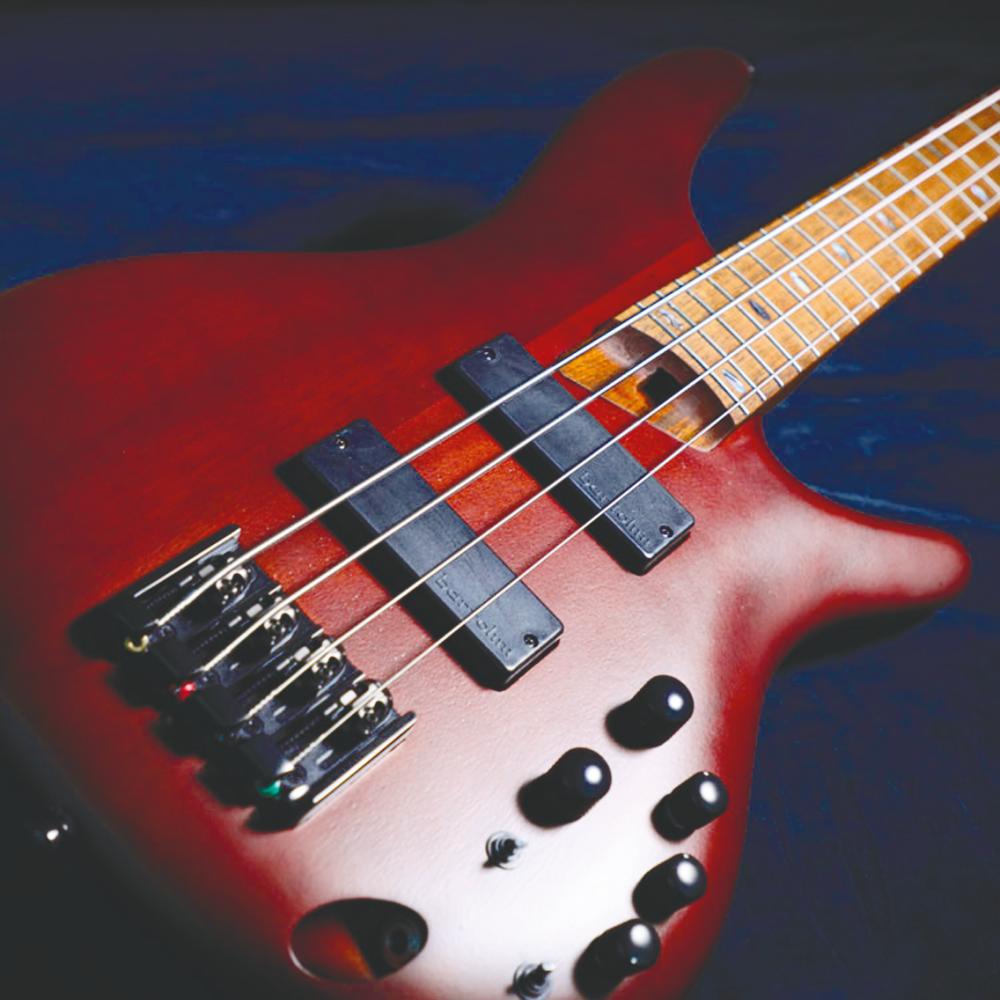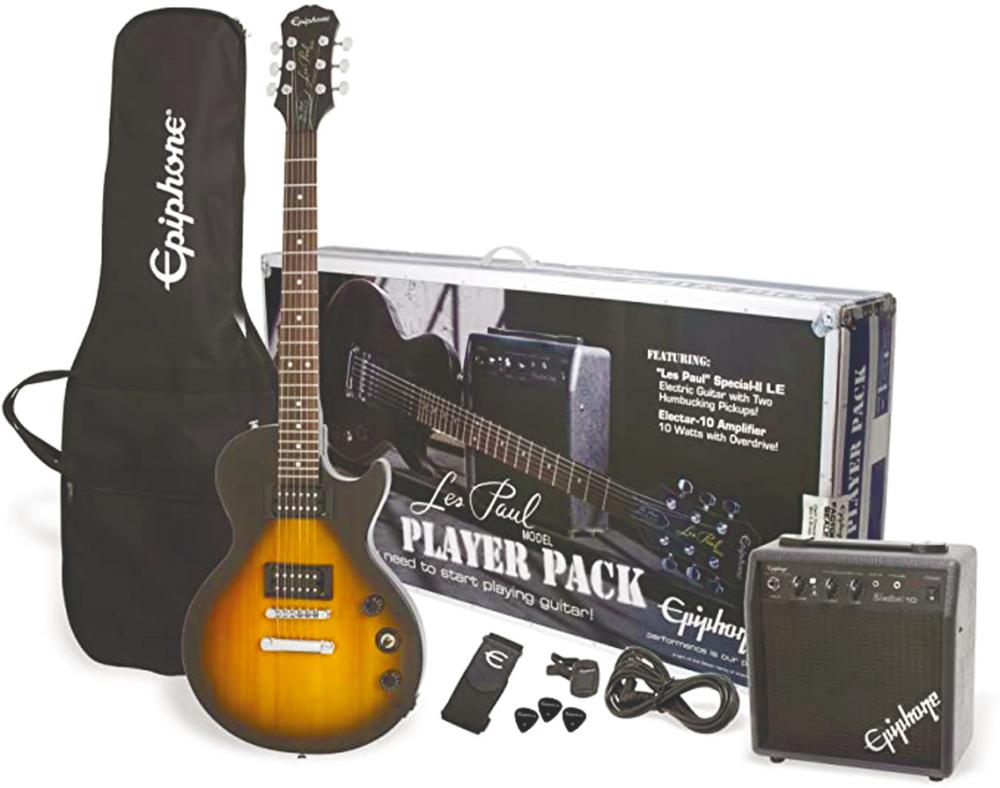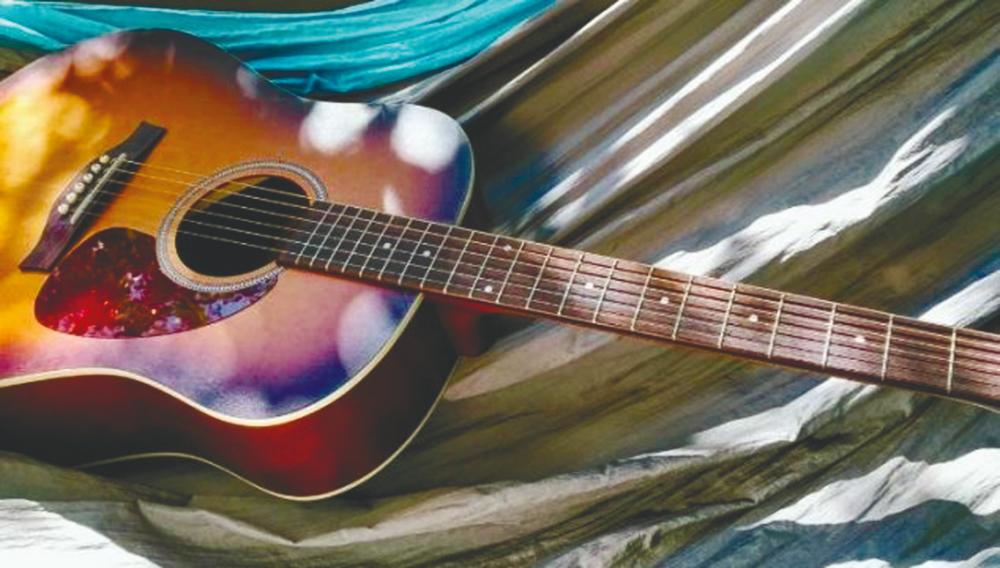BUYING a new guitar or bass can be a daunting experience, whether for someone who is a complete beginner to the world of these instruments, or for parents seeking to buy something for their child.
We have compiled a series of advantages and disadvantages of what to look out for when choosing guitars or bass, along with some entry-level instruments that can be found in local music stores.
Electric guitars
By far the most prevalent of guitars used by musicians at any level and in most music genres, electric guitars are also what most people would think of when they hear the word “guitar”.
Compared to acoustic guitars, electric guitars are much quieter, until one is plugged into an amplifier. When powered by electricity through an amp, these guitars are able to produce a wide range of sounds.
In that sense, I would recommend an electric over an acoustic, because it allows even the pickiest of person or child to fine-tune what kind of music they want to play.
Pros:
-> Comes in different sizes, for any size of a person.
-> Wide variety of sounds.
-> Further accessories, such as pedals, allow further experimenting or fine-tuning of the above.
-> Not as hard to play as its traditional counterparts.
Cons:
-> As the player gets better with the instrument, further exploration and learning would require additional accessories, like the aforementioned pedals, and stronger amps.
-> Similar to the above, greater knowledge of the instrument and accessories will be needed to further become better.

Acoustic guitars
Unlike electric guitars, acoustic guitars don’t look as cool. Superficiality aside, acoustic guitars sound “fuller”. Players don’t need to be tinkering with the settings of their amps or pedals when it comes to acoustics; they just pick it up and play, if the guitar’s already tuned.
Where electric guitars excel at producing and playing the modern sounds of genres such as rock, metal, punk and pop, acoustic guitars are better for more traditional genres, such as country, slower rock, and R&B. These guitars are also used by many up-and-coming musicians who want to make indie songs and those that want to learn songwriting.
However, be warned that acoustics aren’t all acoustics. What I mean is, acoustic guitars can be broken down into two groups; acoustic guitars and classical acoustic guitars. It is important to understand this distinction because the differences can be vast, especially with the strings used for both.
Pros:
-> Arguably fuller sound, compared to electric guitars that require an amp.
-> No need to spend extra money on an amp, cables, pedals and so on.
-> Doesn’t require an amp, and is still able to be loud without bothering neighbours.
-> Great entry-level first instrument before deciding on investing further down the electric guitar route.
Cons:
-> The sound is great, full and bright, but that’s really it. Don’t expect to switch from playing country to metal on the fly.
-> Don’t expect to play in a band with multiple instruments using a vanilla acoustic guitar, because it won’t be heard, compared to an electric guitar plugged into an amp.
-> Acoustic guitars can be plugged into an amp but there is a caveat; players need to invest more into side equipment.
-> Certain models from several brands are not as robustly made.

Acoustic and electric bass guitars
These might look similar to regular guitars for those new to guitars, but they aren’t the same. Broken down to the simplest explanation, bass guitars employ the thicker strings seen on acoustic and electric guitars. So the sound that bass produces, is well, bassy.
Bass guitars, when used in tandem with other instruments, provide the groove that complements the other sounds. Used separately, bass guitars produce a very unique, deep tone.
Some say the bass is easier to learn as a beginner compared to regular guitars, others argue the opposite. What is recommended, however, is for beginners to go into an actual store to try out a bass guitar and see if it’s really for them.
For most, however, they already know bass guitars is what they want, whether it’s due to seeing other bass players or being preferentially inclined to that unique bass guitar sound.
Pros:
-> Used in almost all genres, particularly rock, metal and pop.
-> Due to the above, bass guitars can provide a wide variety of tones and sounds.
-> The eclecticism of bass guitars are further diversified through amps and effects pedals.
-> The pros of an acoustic bass guitar are similar to that of an acoustic guitar, but the sound it produces is more towards folk and country music.
Cons:
-> Electric bass guitars require more accessory equipment.
-> Acoustic bass guitars are too simple and play niche music due to the smaller array of tones.
As for brands to look out for as a beginner, for acoustic and electric guitars, look towards Epiphone, Yamaha and Fender.
For bass guitars, beginners can’t go wrong with Ibanez, Epiphone, and Yamaha.
Some of the brands sell their earlier, beginner-friendly models in packages that include a basic amp and cable (for electric variants).
Once again, it is advised to do thorough research to not only find what beginners want to invest in but also which model and brand they want to use as a gateway into the specific guitar world they hope to journey down.
Once the research is done, it is further advised to go to a music store to look through and perhaps pick up the desired instrument. This is strongly advised over buying the instrument online.










